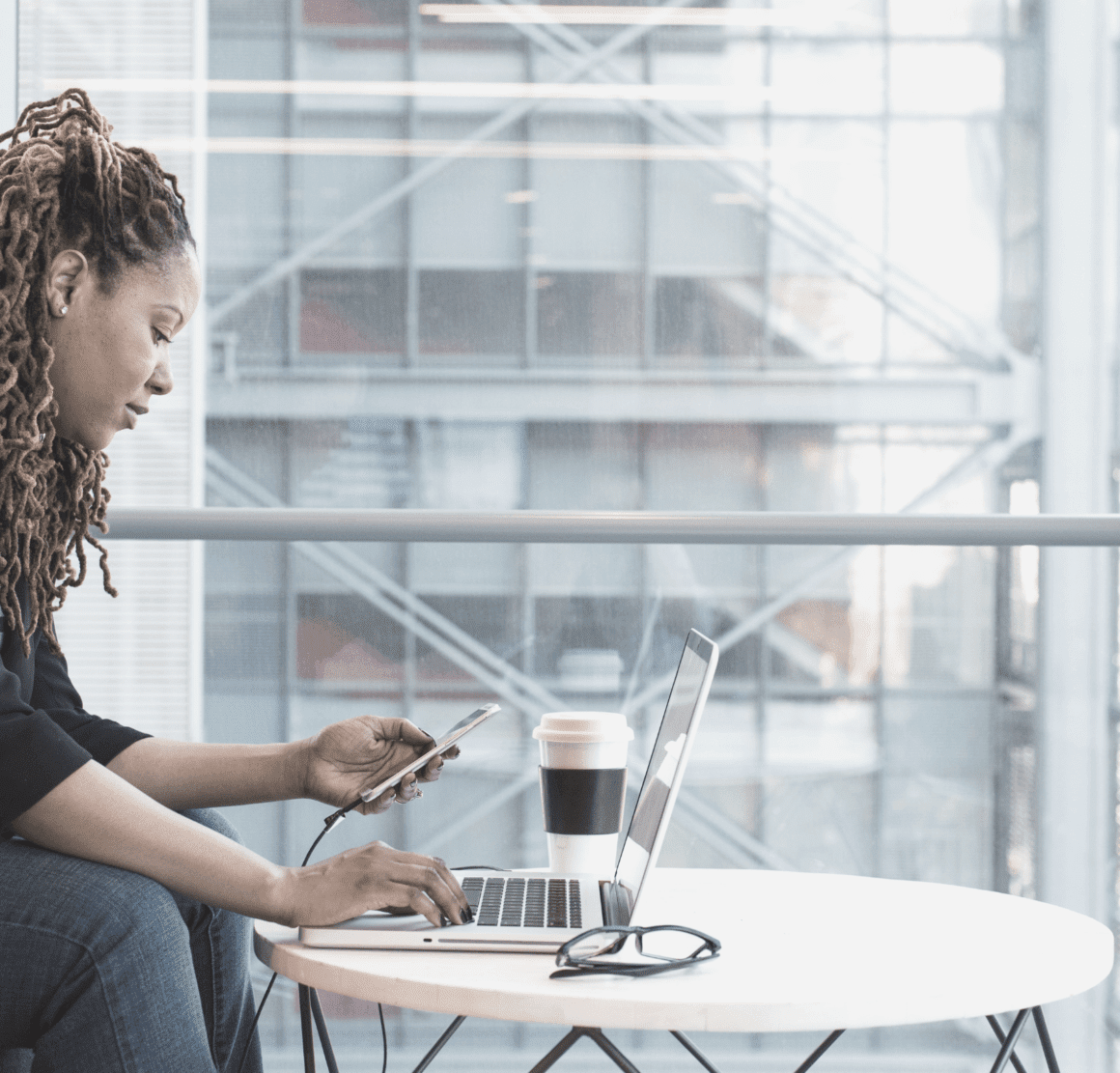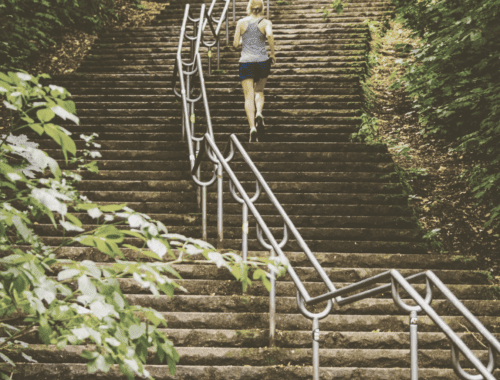
5 Hacks to Stop Multitasking and Be More Efficient
Welcome back to Week 2 of the Feel Less Busy Series.
Last week, I shared with you my tips for having a calendar with plenty of white space. This week, let’s share some life hacks to help you stop multitasking.
If you’d like to revisit posts in the Feel Less Busy series, click here to explore ideas and tricks to make the most of your precious and plentiful time. I’m sure you’ll find something that you can try!
Do you ever dream of being off the clock? You know what I mean. No errands to run. No tasks to check off the list. No carpooling, dinner to cook, homework to check. Why is it that busyness seems to be a badge of honor?
Well, my friends, I’m here to help.
Making enough time in my day is something I love to do. I secretly get a buzz when people wonder how I live the life of an executive with three kids, travel the world, and still take a vacation and do what I love (reading and writing).
I believe that you can have the life you want. Feel calm. Get more done. Achieve time freedom.
Week 2: Is Multitasking Possible?
At first glance, multitasking seems like a great way to get things done. You feel like you’re slaying it. Cranking through the to-do list. But research suggests that multitasking may actually decrease your productivity by as much as 40%. And if you’re like me, you’d like to use that time for things that bring you joy. Am I right?
But what exactly is multitasking? I’m glad you asked. The most obvious example of multitasking is performing two or more tasks simultaneously. You know this one – talking on the phone while typing an email and eating lunch.
It can also involve going back and forth between tasks or activities. Perhaps you’re looking for chia seeds in the grocery store, and a text comes through. You stop and respond to the text. Now, was it chia seeds or flax seeds you were searching for? Hmm.
And the third type of multitasking involves performing two or more tasks in rapid succession. This kind of mental juggling comes at a cost, though. It reduces your effectiveness and causes mental fatigue.
The human brain just doesn’t do well with this switching between tasks.
Researchers from Stanford University actually found that people who are regularly receiving electronic information from different sources find it difficult to pay attention and recall information.
And if this doesn’t sound serious enough, a study from York University in the U.K. found that people multitasking scored 11% lower compared to those who weren’t multitasking. And yet another study, this time from the University of London, found that IQ scores declined the same amount as staying up all night. Wow!
Possibly even more interesting, researchers found that even sitting near someone who is multitasking reduces your own comprehension by 17%. It’s believed that this is due to your brain seeing the other person’s activities and interpreting what is being seen – even if you’re not consciously multitasking yourself.
I know what it’s like. I have an iPhone, iPad and two computers that I carry everywhere I go. I’m always on call, and my phone buzzes and rings at all times of the day and night.
For a quick moment, have a look at your own phone. How many apps do you have which let people communicate with you? I’ve got 15. Yup. Messenger, multiple emails, Instagram, WhatsApp, text… Well, you get the idea. And that doesn’t count various notifications which are designed to distract us from the current moment and encourage multitasking.
Ugh! So what should we do when this is our daily life?
I’ve worked out a few ways to be efficient without multitasking. I’ll share them with you, and hopefully, you can find that some will help you.
First, it’s important to acknowledge that stopping multitasking will need to be a conscious decision that you’re making. There are just too many distractions in life, and people seem to expect us to multi-task and be on call. But remember that you are in control of your life and your time. You set the ground rules by which you live.
Second, rather than bouncing between tasks every couple of minutes, think about what you want to achieve and set aside time to do it. Do you need to write a list and prioritize? This technique also gives you a feeling of accomplishment that you’ve achieved something, rather than spinning your wheels and wondering where the hours went in the day.
Third, avoid interruptions and distractions. This might mean turning off your email push notifications and checking them a couple of times a day. Sometimes, I put my noise-canceling headphones on (with nothing playing) as a visual indicator to others that I don’t want to be distracted. It seems to work!
Fourth, give yourself a block of time (say, 20 minutes) to complete a task or activity. Focus only on your task. And at the end of the time, give yourself a break. I find setting a timer is a good way to recognize when the time is up, plus it signals to my brain that it’s time to take a break.
Fifth, try batching. Whether it’s batch cooking, checking and writing emails, doing laundry, or even exercising. How often have you been to the gym, jumped on a treadmill and read a book or watched a show? I can guarantee that your workout wasn’t fully optimized compared to if you were fully concentrating on your body and exercise goals. This is why I love any form of directed or semi-directed classes. Orange Theory has been a favorite for a while because the coaches give instructions and at the end of the workout, you feel a sense of accomplishment. Compare this to spending two hours at the Y, barely raising a sweat, and then being disappointed with the results.
And of course, if you need more help with getting things done, there are so many services available. I count on Fiverr to find me great freelancers, and more recently, they’ve even extended their services beyond graphics, design, and writing, to online coaching and mentoring. I find it’s always worth giving these services a try, especially when you just don’t have time to do things yourself.
From the book The One Thing (by Gary Kellar),
“Activity is often unrelated to productivity, and busyness rarely takes care of business.”
So, that’s it for Week 2 of the Feel Less Busy series. I hope you found it helpful! It might feel uncomfortable at first to stop multitasking. You might find yourself actually reaching for your phone or getting the urge to open new screens or windows to find something else to do. But believe me, when I tell you, you’ll feel so much better when you actually achieve something rather than having your brain jump from one thing to another all day.
I’d love to hear what you do to feel less busy in the comments. Remember that time is both precious and plentiful. So enjoy its abundance and joy.






